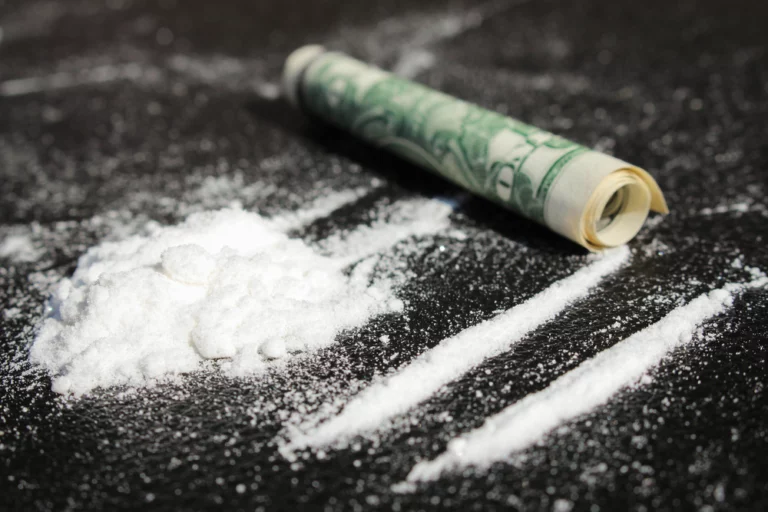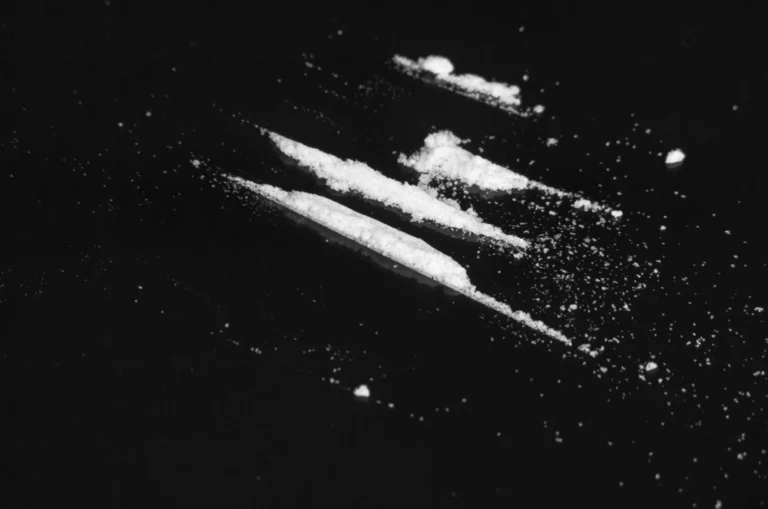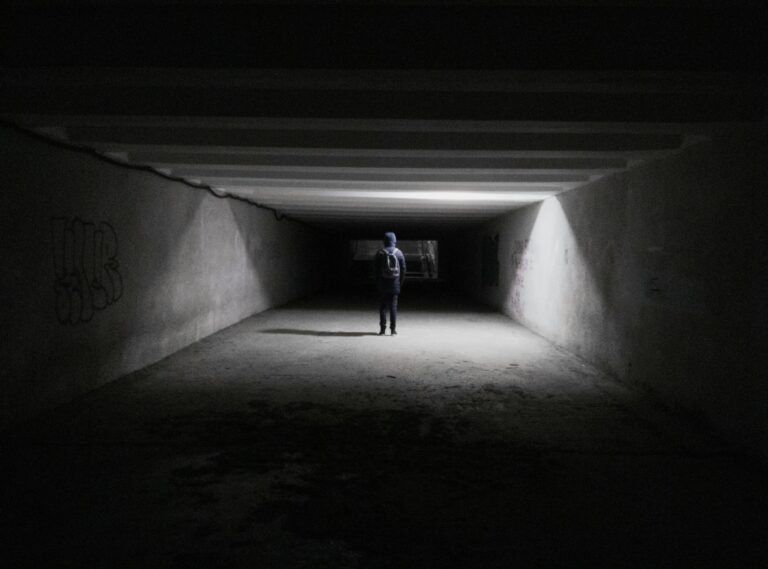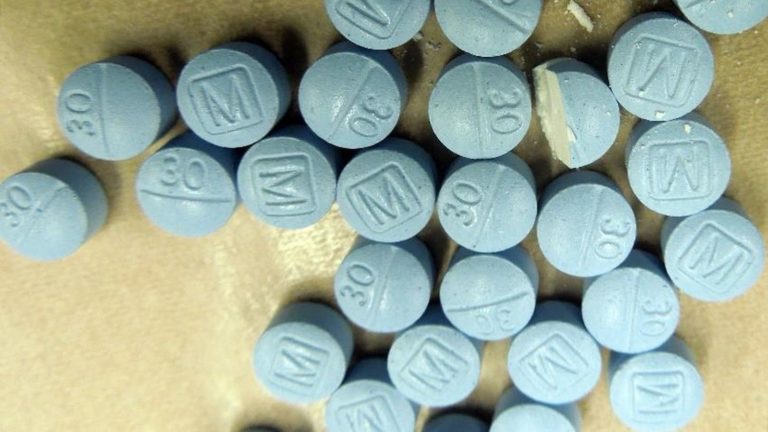In today’s fast-paced and often overwhelming world, many individuals grapple with persistent anxiety, seeking relief through various means—some healthy, others less so.
One common yet potentially harmful approach is turning to alcohol as a temporary escape. While it may provide short-term comfort, alcohol can ultimately exacerbate anxiety, creating a vicious cycle that’s difficult to break. The connection between alcohol and anxiety is complex, influenced by biological, psychological, and social factors.
Understanding this relationship between alcohol and anxiety is crucial, especially for those searching for healthier, more sustainable coping mechanisms. By exploring how alcohol affects the brain, mood, and long-term mental health, individuals can make more informed choices about their well-being and find strategies that truly support emotional resilience.

The Connection Between Alcohol and Anxiety
Anxiety is one of the most common mental health challenges, affecting millions of people worldwide. In an effort to cope, many individuals turn to alcohol, believing it provides temporary relief from stress and worry.
However, while alcohol and anxiety may initially seem to work well together to dull anxious feelings, it ultimately disrupts brain chemistry, worsens emotional regulation, and can lead to a harmful cycle of dependence. The relationship between alcohol and anxiety is complex—what begins as a form of self-medication often backfires, increasing long-term anxiety and even contributing to panic attacks.
Understanding this connection between alcohol and anxiety is essential for recognizing the risks of using alcohol as a coping mechanism and finding healthier, more effective ways to manage anxiety.
How Alcohol Impacts the Brain
Alcohol is a central nervous system depressant that initially slows down brain activity, which can create fleeting feelings of relaxation and euphoria—especially in the moment.
Because of these temporary effects, many people mistakenly believe that alcohol is an effective way to manage stress or nervousness, leading them to reach for a drink in anxiety-provoking situations. Whether it’s social anxiety at a party or general stress after a long day, the short-term numbing effect of alcohol can make it seem like a quick fix for anxiety. However, this perceived relief is deceptive.
While alcohol may briefly quiet anxious thoughts, it ultimately disrupts the brain’s natural balance of neurotransmitters like serotonin and GABA, which regulate mood and stress responses. As a result, the more someone relies on alcohol to cope with anxiety, the more their brain chemistry becomes dysregulated—often worsening anxiety in the long run.
This creates a dangerous cycle where alcohol and anxiety feed into each other, making it increasingly difficult to break free without professional support. Understanding this toxic relationship between alcohol and anxiety is critical for anyone seeking healthier, more sustainable ways to manage their mental well-being.
Short-term vs. Long-term Effects
While alcohol may offer temporary relief from anxiety symptoms by creating a fleeting sense of relaxation, its long-term effects are far more detrimental to both mental and physical health. Many people turn to alcohol and anxiety becomes a recurring issue, as the initial calming effects quickly give way to heightened nervousness and emotional instability.
Regular consumption of alcohol can lead to a worsening of anxiety over time, as the body becomes dependent on its sedative effects, only to experience rebound anxiety when the alcohol wears off. This dangerous pattern contributes to a vicious cycle of increased drinking and heightened anxiety, making it harder to manage stress without relying on substances.
Studies show that alcohol and anxiety are closely linked, with excessive drinking disrupting neurotransmitters like serotonin and GABA, which play key roles in mood regulation.
Over time, the relationship between alcohol and anxiety becomes a self-perpetuating trap, where individuals drink to ease their symptoms but ultimately deepen their emotional distress. Breaking free from this cycle requires addressing both alcohol use and anxiety through healthier coping mechanisms and professional support.
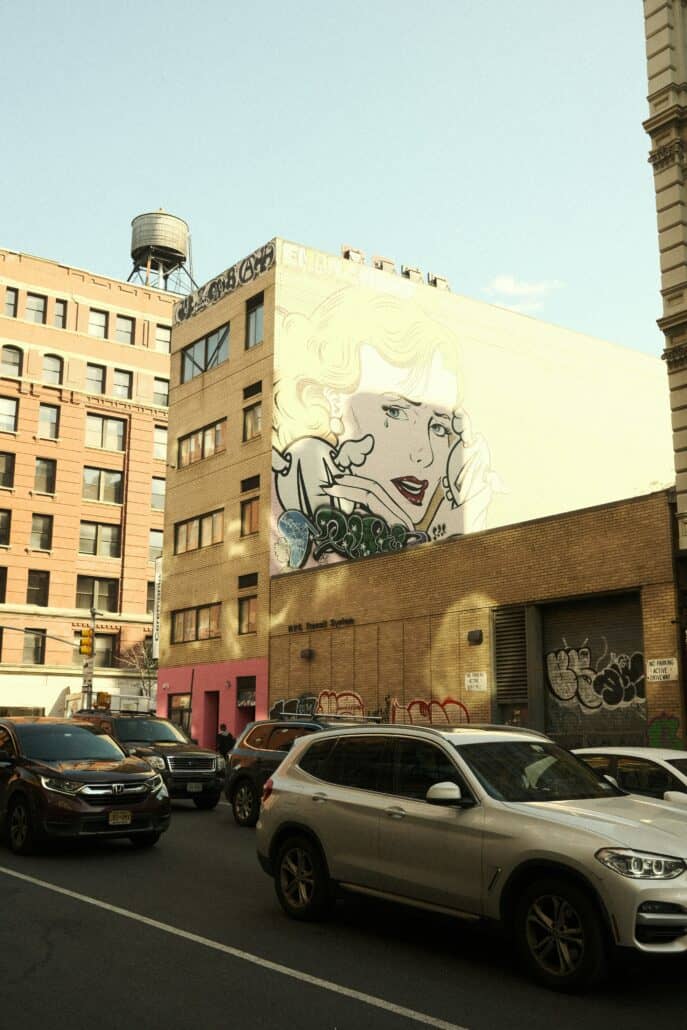
Does Alcohol Make Anxiety Worse?
While many people turn to alcohol in hopes of calming their nerves, the relief it provides is fleeting—and often makes anxiety worse in the long run. Alcohol disrupts the brain’s natural balance of neurotransmitters like serotonin and GABA, which regulate mood and stress.
Initially, it may create a sense of relaxation, but as its effects wear off, the brain rebounds with heightened nervous system activity, leading to increased anxiety, restlessness, and even panic.
Over time, frequent drinking can alter brain chemistry, making individuals more susceptible to chronic anxiety and dependency. Rather than a solution, alcohol and anxiety become a trap, deepening the very distress it was meant to soothe. Recognizing this dangerous cycle is the first step toward seeking healthier, more sustainable ways to manage anxiety.
The Rebound Effect
- Initial Relief: Initially, alcohol may reduce anxiety by depressing the central nervous system. However, as the body processes alcohol, the nervous system seeks balance, leading to increased anxiety levels known as the “rebound effect.”
- Increased Sensitivity: Regular drinkers may develop an increased sensitivity to anxiety, experiencing more intense symptoms than non-drinkers.
Impact on Sleep
- Disrupted Sleep Patterns: Alcohol affects restful sleep, leading to disrupted patterns that contribute to anxiety. Poor sleep quality can exacerbate anxiety symptoms, creating a cycle of unrest and heightened stress levels.
How Does Alcohol Exacerbate Anxiety?
At first glance, alcohol might seem like an effective way to take the edge off anxiety—after all, its initial effects can feel relaxing. But this relief is deceptive. Alcohol actually disrupts the brain’s delicate balance of chemicals that regulate mood and stress, including serotonin and GABA.
While a drink or two may temporarily quiet anxious thoughts, the rebound effect as alcohol leaves the system often leads to heightened anxiety, irritability, and even panic.
Over time, frequent drinking can worsen underlying anxiety disorders, interfere with sleep, and create a vicious cycle where more alcohol is needed to achieve the same fleeting calm. Understanding how alcohol exacerbates anxiety—rather than alleviates it—is crucial for breaking this harmful pattern and finding healthier coping strategies.
Chemical Imbalances
- Neurotransmitter Disruption: Alcohol alters the levels of neurotransmitters in the brain, such as serotonin and dopamine, which play roles in mood regulation. This disruption can exacerbate feelings of anxiety and depression.
- Hormonal Changes: Alcohol consumption affects stress hormones like cortisol, potentially increasing stress and anxiety levels.
Social and Emotional Consequences
- Impaired Judgment: Alcohol impairs decision-making and can lead to regrettable actions or decisions, causing stress and heightened anxiety.
- Emotional Instability: Regular intake contributes to emotional instability, making it harder for individuals to manage stress and anxiety effectively.

Why Does Limiting or Abstaining From Alcohol Improve Mental Health?
While alcohol is often used as a quick fix for stress or anxiety, limiting or abstaining from it can lead to profound improvements in mental health.
Alcohol disrupts neurotransmitters like serotonin and GABA, which regulate mood and relaxation, often worsening anxiety and depression over time. By reducing or eliminating alcohol, the brain can restore its natural chemical balance, leading to more stable moods, better sleep, and enhanced emotional resilience.
Additionally, sobriety removes the cycle of temporary relief followed by rebound anxiety, allowing individuals to develop healthier coping mechanisms. Whether through moderation or complete abstinence, stepping away from alcohol can pave the way for greater mental clarity, reduced stress, and long-term psychological well-being.
Restoring Balance
- Neurochemical Recovery: Reducing or eliminating alcohol allows the brain to rebalance neurotransmitters, leading to improved mood stability and reduced anxiety.
- Improved Rest and Recuperation: Without alcohol’s interference, sleep quality generally improves, reducing anxiety symptoms related to fatigue and restlessness.
Enhanced Coping Mechanisms
- Building Resilience: Abstaining helps individuals develop healthier coping strategies for managing stress and anxiety.
- Social Engagement: Improved cognitive function and emotional balance enhance personal and social interactions, bolstering mental health.
FAQs About Alcohol and Anxiety
Does alcohol make anxiety worse?
Yes, alcohol and anxiety can make each other worse. While it may provide temporary relief, alcohol disrupts neurotransmitter balance, affects hormonal levels, and leads to increased anxiety once the initial effects wear off.
How does alcohol exacerbate anxiety?
Alcohol and anxiety are connected by disrupting sleep patterns, impairing cognitive function, altering neurotransmitter levels, and increasing stress hormones. These physiological effects contribute to heightened anxiety symptoms.
Why does limiting or abstaining from alcohol improve mental health?
Limiting or abstaining from alcohol can restore neurotransmitter balance, improve sleep quality, and enhance emotional stability. It allows individuals to develop healthier coping mechanisms and build resilience to manage stress effectively.

Alcohol and Anxiety: Choosing Healthier Coping Mechanisms
Understanding the complex relationship between alcohol and anxiety is a crucial step in making empowered, informed decisions about your mental health and overall well-being.
While alcohol may appear to offer temporary relief from stress or anxious thoughts, the reality is that its long-term effects often exacerbate these issues, creating a harmful cycle that can be difficult to break. The initial calming effects of alcohol are quickly overshadowed by rebound anxiety, disrupted sleep, and even dependency—all of which can leave you feeling worse than before.
Choosing healthier coping strategies—such as mindfulness, exercise, therapy, or support groups—can help you address your alcohol and anxiety struggles at its root rather than masking it with substances.
Professional guidance from mental health or addiction specialists can provide the tools and support needed to navigate this journey with alcohol and anxiety effectively. At Asheville Detox, we understand the challenges of breaking free from alcohol’s grip, and our team is dedicated to offering compassionate, expert care tailored to your unique needs.
If you or someone you love is struggling with alcohol-related anxiety, you don’t have to face it alone. Contact us at Asheville Detox today to learn more about our personalized treatment options and take the first step toward a healthier, more balanced life. For immediate assistance, call our empathetic team today. Your path to lasting well-being starts here.


